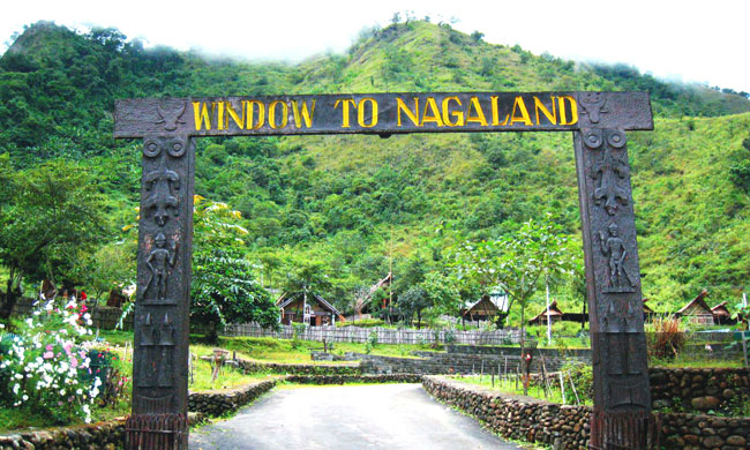The Supreme Court on Tuesday dismissed a PIL challenging the "unbridled power to the State to prescribe 'Inner Line Permit' for Indian Citizens" to travel in some parts of the Country, as arbitrary, unreasonable and offensive of Articles 14, 15, 19 and 21.The petitioner Ashwini Kumar Upadhyaya, BJP leader and Advocate has sought a declaration that an ILP applies to only foreigners and...

